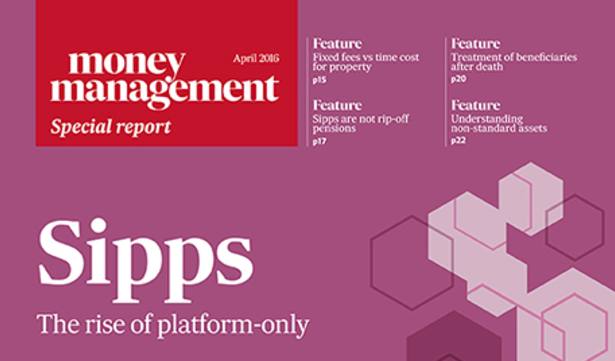Are non-standard assets ‘bad’?
The FCA has set out a list of standard assets which includes deposits, shares in investment trusts, securities traded on a regulated stock exchange and units in regulated collective investment schemes, but they are all caveated by needing to be capable of being accurately and fairly valued on an ongoing basis and readily realisable within 30 days whenever required.
The rationale is that if assets are held that do not meet this criteria, in the event of a firm being wound down, it will take longer to deal with the non-standard element, hence the need to hold more capital.
Therefore although some firms may construe non-standard assets as being ‘bad’ for their capital adequacy requirements, from an adviser’s or client’s perspective, holding a fixed-term investment of greater than 30 days – or even investing in a Ucis – may be ‘good’ and quite ‘normal’, rather than non-standard, as part of a diversified and risk assessed portfolio.
Appropriately capitalised, established, bespoke Sipp operators offering both standard and non-standard assets, will continue to meet this demand.
Robert Graves is head of pensions technical services at Rowanmoor Group






